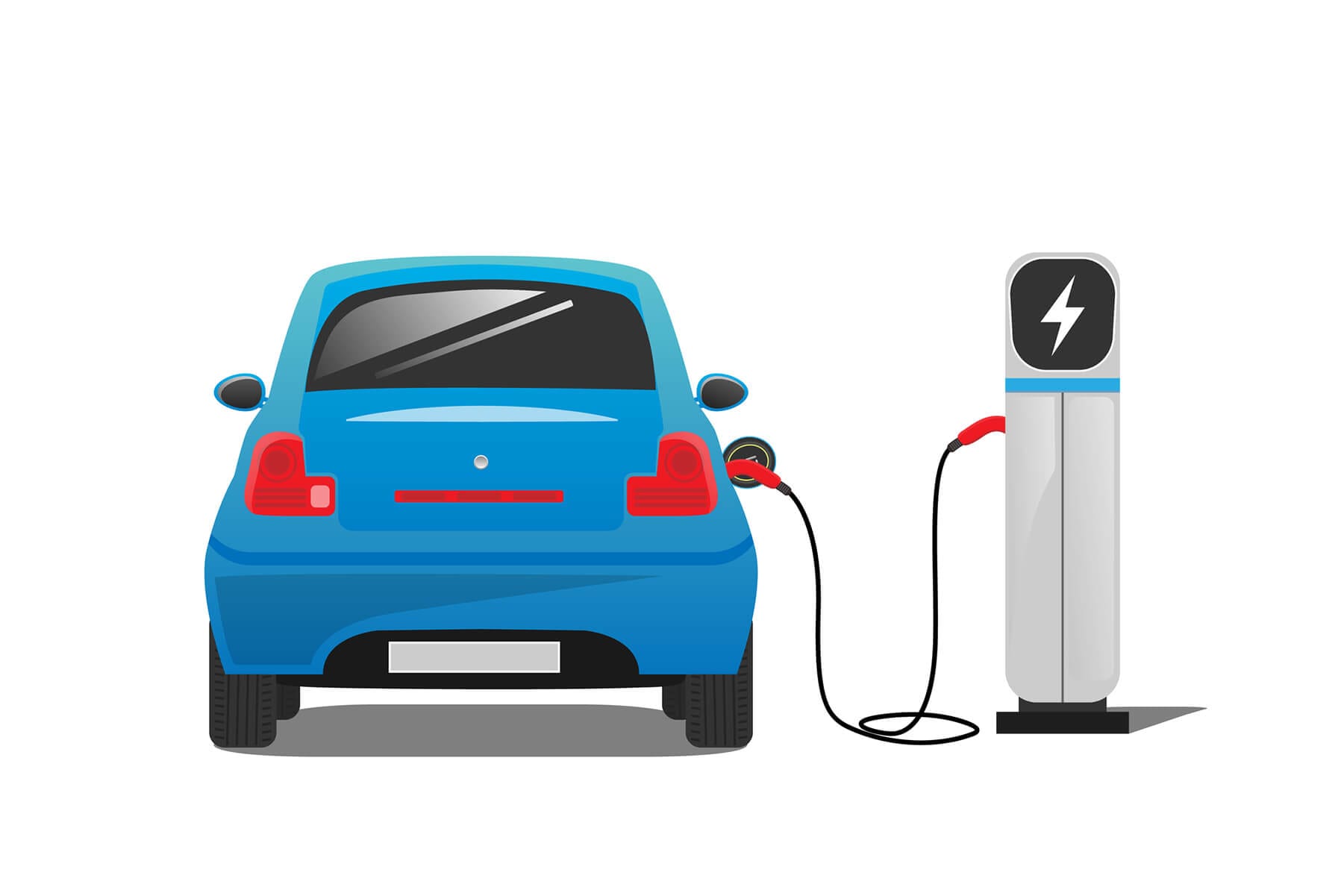Analysis: These Countries Are Adopting Electric Vehicles the Fastest.
The global shift toward electric vehicles (EVs) is a pivotal component of efforts to mitigate climate change and reduce dependence on fossil fuels.


The global shift toward electric vehicles (EVs) is a pivotal component of efforts to mitigate climate change and reduce dependence on fossil fuels.
Several countries are leading this transition, adopting EVs at an unprecedented rate.
This analysis explores the top countries adopting EVs rapidly, the factors driving their adoption, and the broader implications for the automotive industry and environmental sustainability.
Top Countries Leading EV Adoption
1. Norway
Adoption Rate:
Norway stands out as a global leader in EV adoption. As of 2023, EVs make up more than 80% of new car sales.
Factors Driving Adoption:
- Government Incentives: Norway offers substantial incentives, including exemptions from purchase taxes, VAT, and road tolls. EV owners also benefit from free parking and access to bus lanes.
- Infrastructure: Extensive charging infrastructure, with over 16,000 public charging points, ensures convenience for EV users.
- Environmental Awareness: High levels of environmental consciousness among Norwegians drive demand for eco-friendly transportation options.
Impact:
Norway’s success in EV adoption serves as a model for other countries, demonstrating that comprehensive incentives and infrastructure development can significantly boost EV sales.
2. China
Adoption Rate:
China is the largest market for EVs globally, with over 3.5 million EVs sold in 2023 alone.
Factors Driving Adoption:
- Government Policies: The Chinese government has implemented stringent emissions regulations and provides substantial subsidies for EV purchases.
- Industrial Strategy: China’s emphasis on becoming a global leader in EV manufacturing has led to significant investments in battery technology and production capacity.
- Urban Air Quality: Concerns about air pollution in major cities drive the adoption of zero-emission vehicles.
Impact:
China’s rapid EV adoption is reshaping the global automotive market, positioning the country as a dominant force in EV production and innovation.
3. Germany
Adoption Rate:
Germany, Europe’s largest automotive market, has seen a rapid increase in EV sales, with EVs accounting for over 25% of new car sales in 2023.
Factors Driving Adoption:
- Government Incentives: Purchase subsidies, tax exemptions, and support for charging infrastructure have boosted EV sales.
- Automotive Industry Transition: German automakers, including Volkswagen, BMW, and Mercedes-Benz, are heavily investing in EV technology and production.
- Environmental Regulations: The EU’s stringent CO2 emissions targets drive the shift towards electric mobility.
Impact:
Germany’s transition to EVs is influencing the broader European automotive market, accelerating the shift towards sustainable transportation.
4. United States
Adoption Rate:
The United States has seen significant growth in EV sales, with over 1.5 million EVs sold in 2023.
Factors Driving Adoption:
- Federal and State Incentives: Federal tax credits and state-level incentives, such as California’s Zero-Emission Vehicle (ZEV) program, promote EV adoption.
- Corporate Investment: Major automakers like Tesla, Ford, and General Motors are leading the EV revolution, investing heavily in EV technology and production.
- Consumer Awareness: Increasing awareness of climate change and the benefits of EVs drives consumer demand.
Impact:
The U.S. is poised to play a critical role in the global EV market, with substantial investments in EV technology and infrastructure.
5. Netherlands
Adoption Rate:
The Netherlands has achieved significant EV penetration, with EVs representing over 30% of new car sales in 2023.
Factors Driving Adoption:
- Incentives and Tax Benefits: The Dutch government offers substantial tax benefits and purchase incentives for EVs.
- Urban Policies: Policies promoting sustainable urban mobility, such as low-emission zones, encourage EV adoption.
- Infrastructure: A robust charging network, with over 80,000 public charging points, supports EV users.
Impact:
The Netherlands serves as a model for integrating EVs into urban transportation planning, promoting sustainable mobility solutions.
Broader Implications
1. Environmental Impact
The rapid adoption of EVs in these countries significantly reduces greenhouse gas emissions and air pollution.
Transitioning from internal combustion engines to electric power reduces reliance on fossil fuels, contributing to climate change mitigation efforts.
2. Automotive Industry Transformation
The shift towards EVs is driving a fundamental transformation in the automotive industry.
Automakers are investing heavily in EV technology, leading to innovations in battery technology, autonomous driving, and vehicle design.
This transformation is creating new opportunities for technological advancement and economic growth.
3. Energy Sector Integration
The increasing prevalence of EVs is driving integration between the automotive and energy sectors.
The development of smart grids, energy storage solutions, and renewable energy sources is critical for supporting the growing demand for electric power.
This integration is essential for achieving a sustainable energy ecosystem.
4. Economic and Social Benefits
The adoption of EVs generates economic and social benefits, including job creation in the EV manufacturing and infrastructure sectors. It also enhances energy security by reducing dependence on imported oil and promotes public health by reducing air pollution.
Challenges and Future Outlook
Despite the rapid adoption of EVs, several challenges remain:
- Infrastructure Development: Expanding and upgrading charging infrastructure is essential to support the growing number of EVs.
- Battery Technology: Advancements in battery technology are needed to improve energy density, reduce costs, and enhance charging speeds.
- Policy and Regulation: Continued government support through policies and incentives is crucial for sustaining the momentum of EV adoption.
- Consumer Acceptance: Addressing consumer concerns about range, charging convenience, and costs is vital for broader acceptance.
Looking ahead, the continued collaboration between governments, industry, and consumers will be key to overcoming these challenges and accelerating the global transition to electric mobility.
To conclude, the countries leading the adoption of electric vehicles demonstrate the effectiveness of comprehensive policies, robust infrastructure, and consumer incentives in driving the transition to sustainable transportation.
As the world moves towards a more eco-friendly future, the lessons learned from these pioneering nations will be instrumental in shaping the global EV landscape.
The journey towards widespread EV adoption is underway, promising significant environmental, economic, and social benefits for generations to come.




